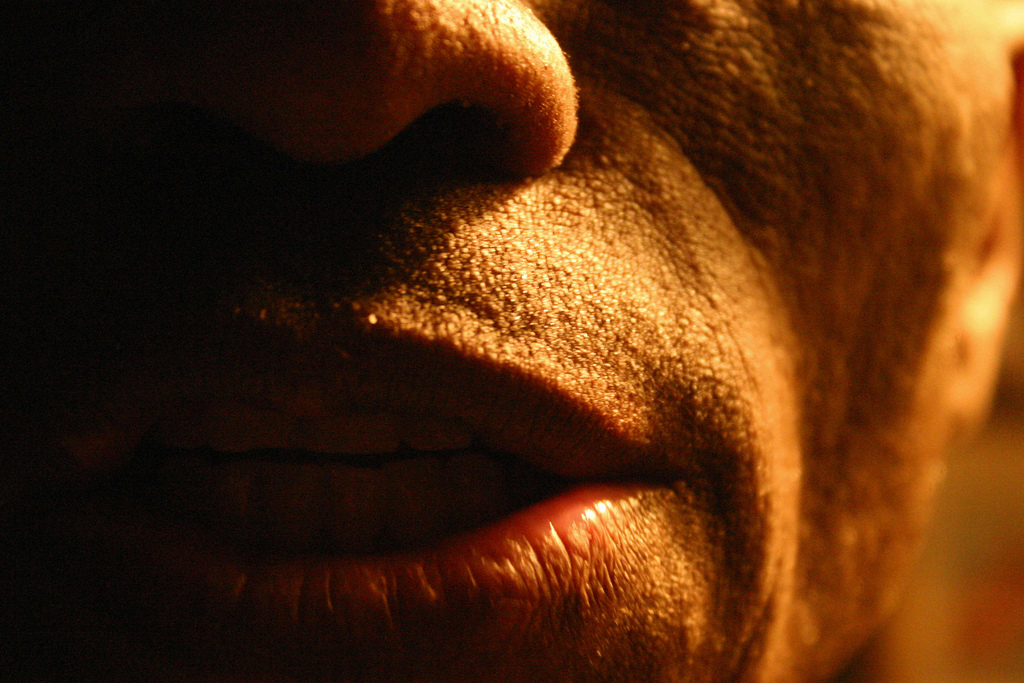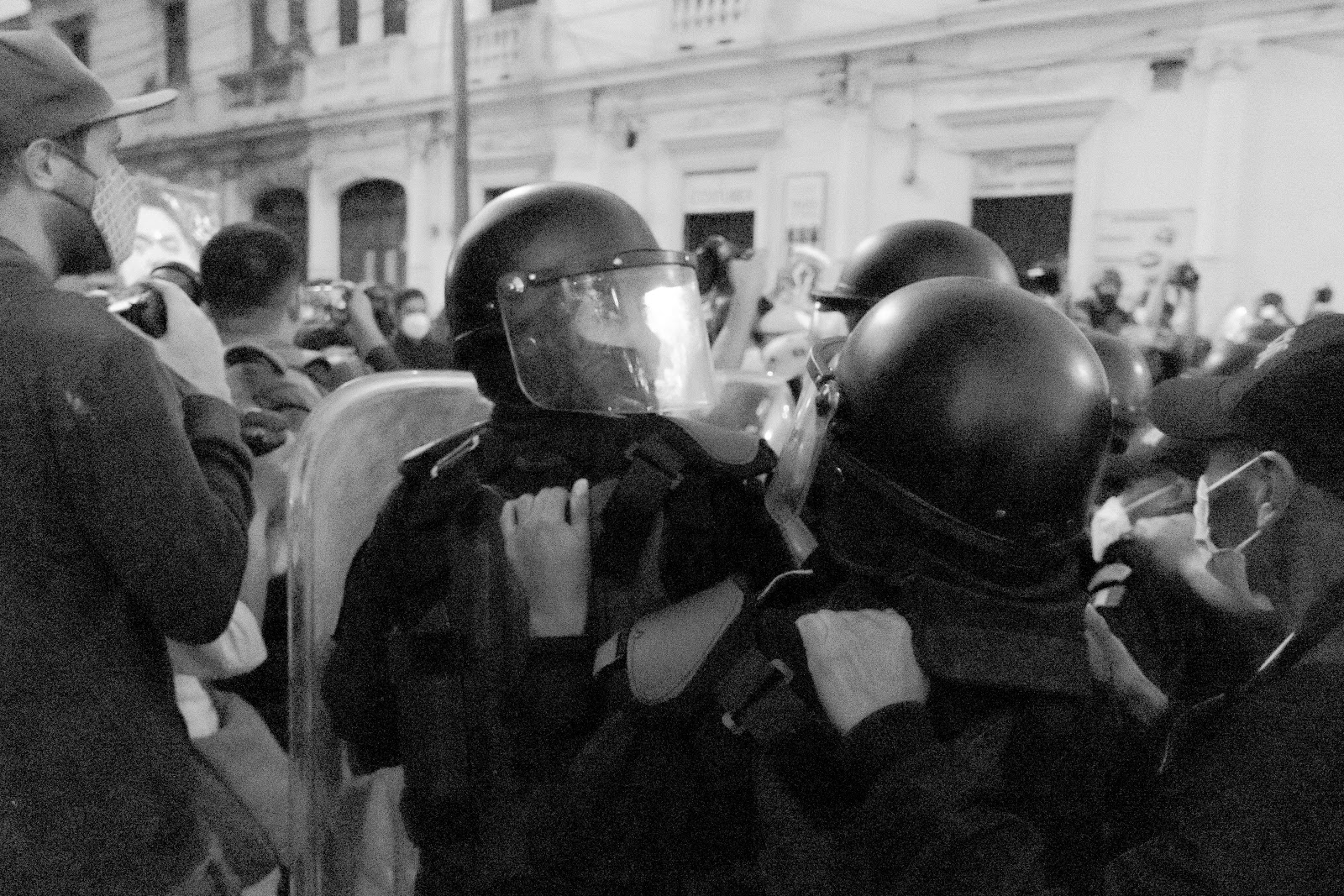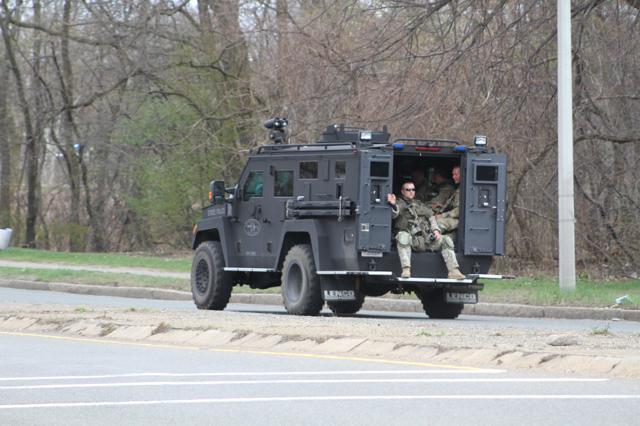
We are fashioned to accept truths, to conform to the narrative of our leaders. To question the authority or legitimacy of the powers that be can be dangerous. Most people accept the rules set out for them by government, even if they do not fully understand or see the supposed benefits of the social contract. Instead of revolting against the regime, they allow their government to assault them in secret. Only a brave few dare to openly and actively challenge this status quo. And it is often those within the system who have the power to affect meaningful change by using their access to expose wrongdoing. This has occurred in modern American history, notably the 1972 Pentagon Papers scandal and more recently in the 2010 WikiLeaks controversy. The two incidents parallel each other remarkably and reveal a government in which people are expected to be naive puppets. This ideology of covert and authoritarian control has become a structural foundation for American government. Whistle-blowing provides the public with a window into the often opaque and detached world of our government.
For years the American government held its people’s devotion, making it easy for them to sway the public into its corner. But authority began to unravel, and suspicion grew rampant with the rise of the secret security state. This came to a head during the Vietnam War era. Secret wars, illegal domestic spying by the CIA and the Watergate scan-dal caused much disillusionment. Nixon’s illegal use of the Plumbers, an organization de-signed to eliminate his political “enemies” was uncovered and highlighted how leaders in government put their personal ambitions before the public will. After these scandals and secrets came to light the people’s trust in governmental organizations plummeted. In his article, “A Crisis of Moral Legitimacy,” Daniel Yankelovich notes that “…by the second Nixon election in 1972 […] a two-thirds majority withdrew confidence from national institutions, with the mood shifting from optimism to anxious uneasiness.”
President Nixon categorized Daniel Ellsberg, a Department of Defense analyst at the time, as a danger. But to whom was he a danger? In 1972, Ellsberg handed a 7,000-page classified government history of the Vietnam War to the New York Times, whose editors immediately published the documents. In Gloria Goodale’s July 2010 interview with Ellsberg, she noted that “…senior Pentagon and administration officials were misleading Americans about the course of the Vietnam War.” The documents explained that even the government did not believe America would be successful in the securing South Vietnam. Daniel Ellsberg’s challenge to the government’s involvement in the war effort caused him to be labeled as a danger by our President. Nixon’s Plumbers arranged to break into Ellsberg’s psychiatrist’s office to search for incriminating information about his mental state – choosing to break the law in the name of Nixon’s political ambitions.
The release of the 7,000 Pentagon Papers foreshadowed a situation that occurred earlier this year when WikiLeaks publicized 91,000 classified documents about US military involvement in Afghanistan. In Goodale’s interview with Daniel Ellsberg, he de-scribes the similarities between the two incidents. “[The documents] look very familiar to me. Different places and names, but they are describing a war that is as thoroughly stale-mated as was the case 40 years ago and more in Vietnam”.
The comparison goes beyond the war. There was an immediate backlash from the government this time around as well. A New York Times profile of WikiLeaks’s founder Julian Assange highlighted the Australian’s personal eccentricities and quoted sources saying “he is not in his right mind” – reflective of the hostility that many pro-establishment voices hold for whistle-blowers. The U.S. government has even tried to shut down the WikiLeaks website and many former officials. Both the Pentagon Papers and WikiLeaks incidents are prime examples of a government disconnected from its people and attempting to manipulate them by controlling the flow of information.
It is illogical for documents to be concealed from the public even in an effort to protect national security. The public is entitled to accurate and truthful accounts of its government’s activities. The government relies on its people, who fund it through taxes and defend it by volunteering to fight its wars. When an American gifts the government with his or her service, the least he or she deserves is truthful information on the mission that could take his or her life. Yet the political class too often displays arrogance and dis-trust of the average citizen. The authorities too often forget the importance of their pawns. Take for instance the 2003 invasion of Iraq. The Bush administration bullied opponents of the war as unpatriotic dupes who could not see the higher cause in a war of aggression, while it used doctored intelligence to support its position and betrayed CIA officers like Valerie Plame in the process.
The critics who suggest that secrets are pertinent to ensure national security people fail or refuse to appreciate the implications secrecy has for our society. Take Everette E. Dennis. Dennis along with his coauthor, John C. Merrill wrote “Media Debates,” a compilation of discussions topics in journalism. Dennis states that the right to know “is not an inalienable right guaranteed by the Constitution”. Therefore, it is not a true right. John Merrill and Jane Kirtley disagree. Kirtley writes, “In any democracy, an informed public is vital. The public votes to elect officials who draft and execute their laws. Without information, citizens would risk being alienated from a government that becomes less and less accountable to them.” This position is further cemented by Justice William O. Douglas’s words, “Secrecy in government is fundamentally anti-democratic, perpetuating bureaucratic errors. Open debate and discussion of public issues are vital to our national health.” Advocates of government secrecy promote a government of without a democratic foundation.
Once secrets are revealed they often come with evidence of the regime’s shortcomings. These shortcomings are able to persist because secrecy insulates government officials from accountability. This erodes American credibility around the world. Conducting a war shrouded in darkness, isolated from the criticism and debate that might come from a more informed public; left to its own with little accountability, the government is free to ignore the values and principles it purports to defend – especially in self-proclaimed democracies. This is especially true of terrorism. In the frenzy following 9/11, the government resorted to questionable if not wholly illegal practices to obtain information on terrorist activities. The CIA established a number of secret prisons, fittingly known as “black sites,” where detainees suspected of involvement in terrorism were often tortured. In its crazed haste to eliminate terrorism, the American government sometimes inadvertently subjected innocent people to torture at black sites – including but not limited to electric shocks, beatings, food, water, and sleep deprivation. “Extraordinary renditions” of terrorism suspects to black sites or countries that willfully practice torture are embarrassing; so are accidental abductions of innocent people. So instead, it is kept as secret as possible. Fortunately, investigations and testimonies from former CIA officers have revealed this issue to the American public. But we only know because individuals came forward. We know nothing of the countless other abuses perpetrated by our government that remain “classified.”
The American government’s main objective is to protect its people. It has looked differently the last several decades. In his article, “CIA Veterans Condemn Torture,” Jason Vest cites opposition of the public and of CIA officers to black sites. “[O]utrage has focused on the existence and symbolism of the black sites, comparatively little attention has been paid to the concerns–if not outright objections–of many distinguished CIA veterans about these sites and the use of torture in general”. Prominent former CIA officers like Bob Baer, Frank Anderson, and Vincent Cannistraro recently voiced their opposition to torture on practical grounds – as Cannistraro has said someone being tortured will “say virtually anything to end their torment.” Vest writes that “several lesser-known former officers have been trying, publicly and privately, to convince both the agency and the public that torture and other unduly coercive questioning tactics are morally wrong as well.” Many officers do not believe in torture practices, yet the government does not take this into account. There is a conflict between the legal codes set out by government and harsh reality. In addition to being ineffective, there are long-lasting psychological traumas for those who carry out and witness torture. Still, the government continues to condone torture practices when it sees fit. This indifference to the affects of policy choices on government employees and citizens reflects the necessity of whistle-blowing outlets like WikiLeaks.



